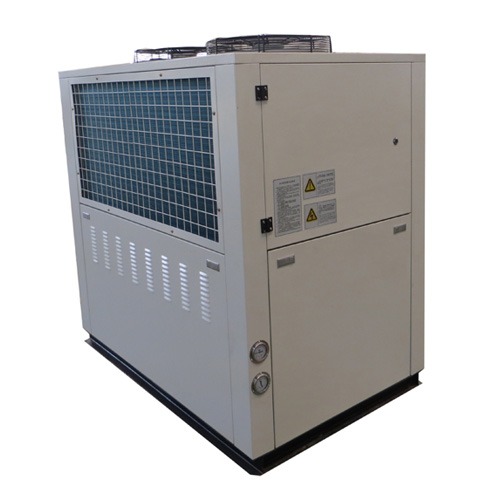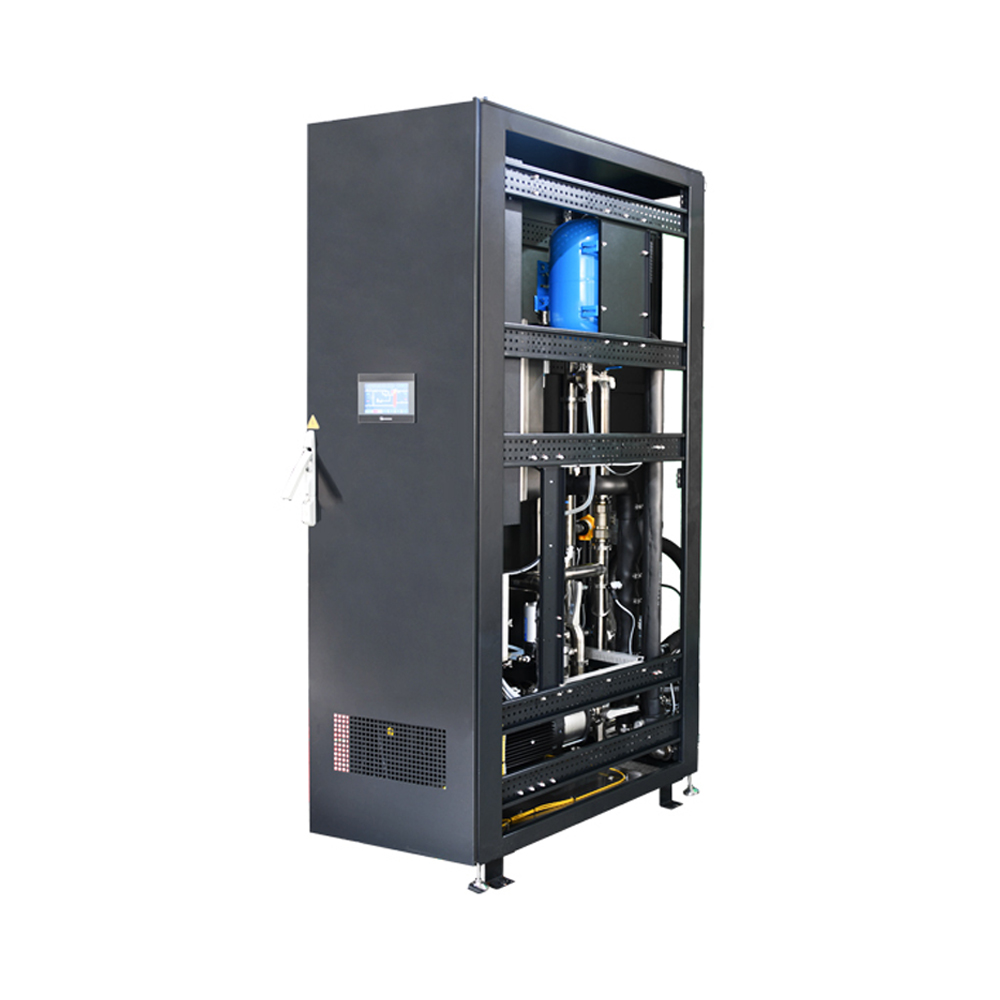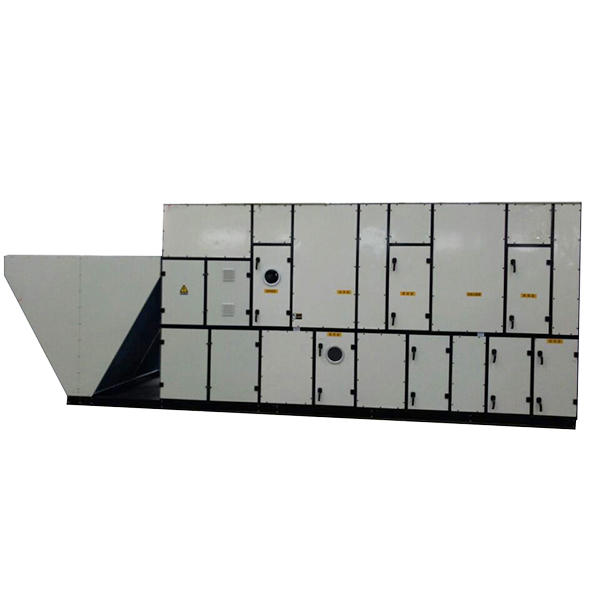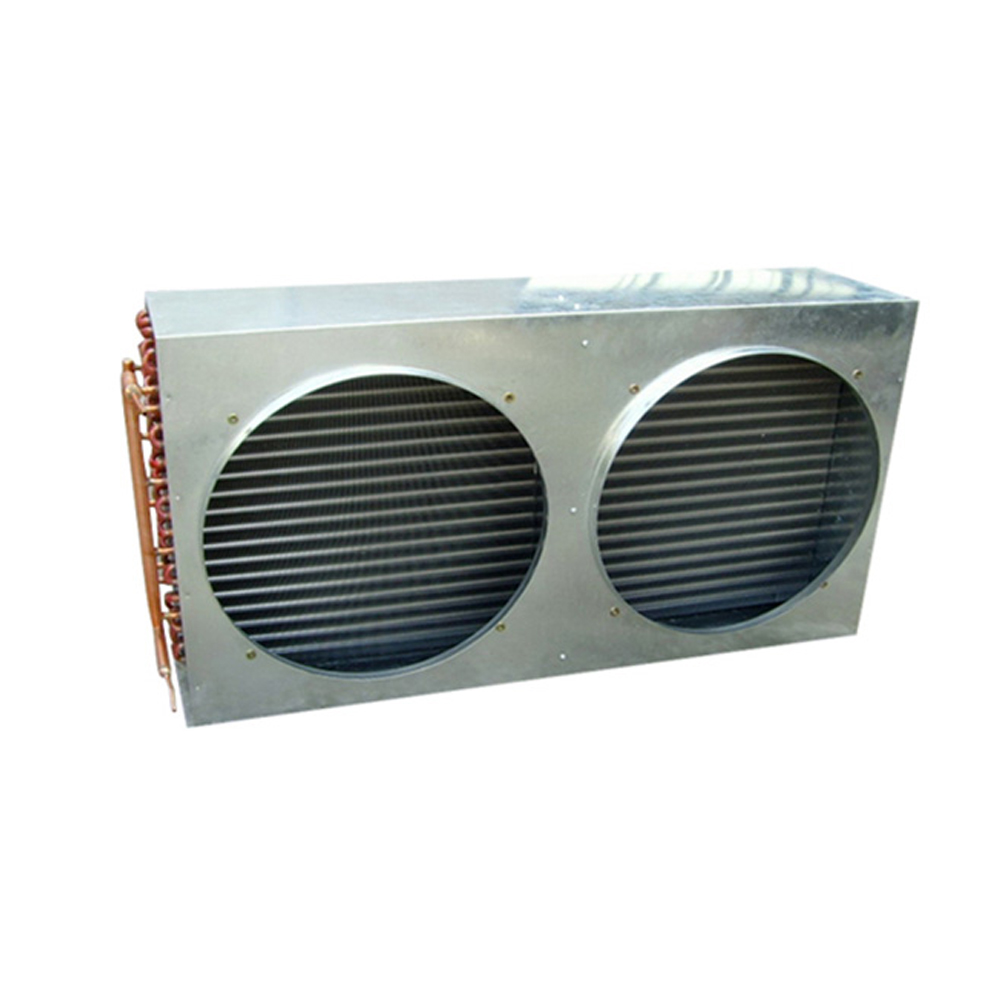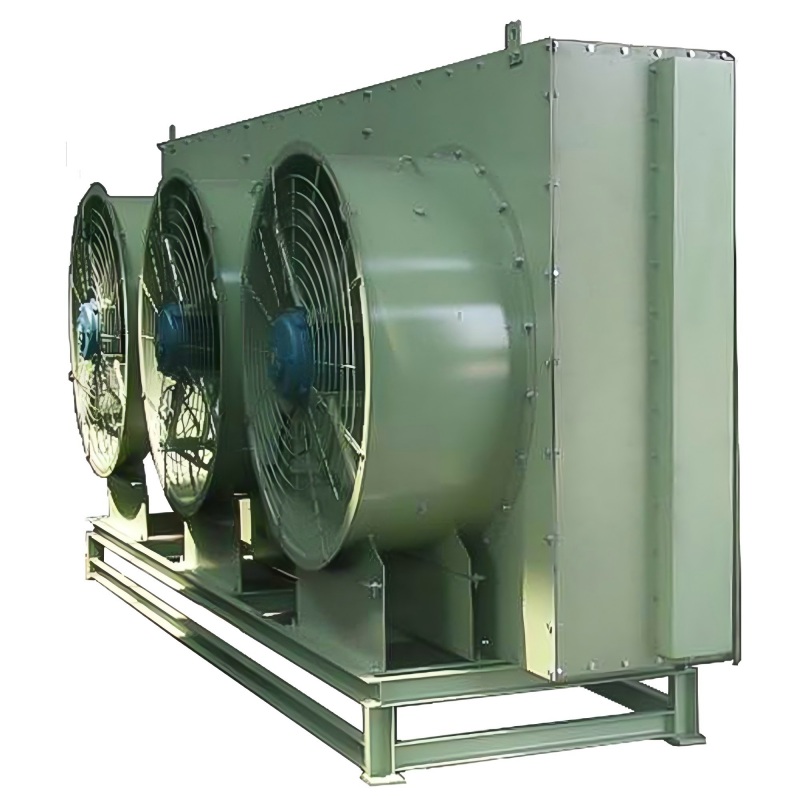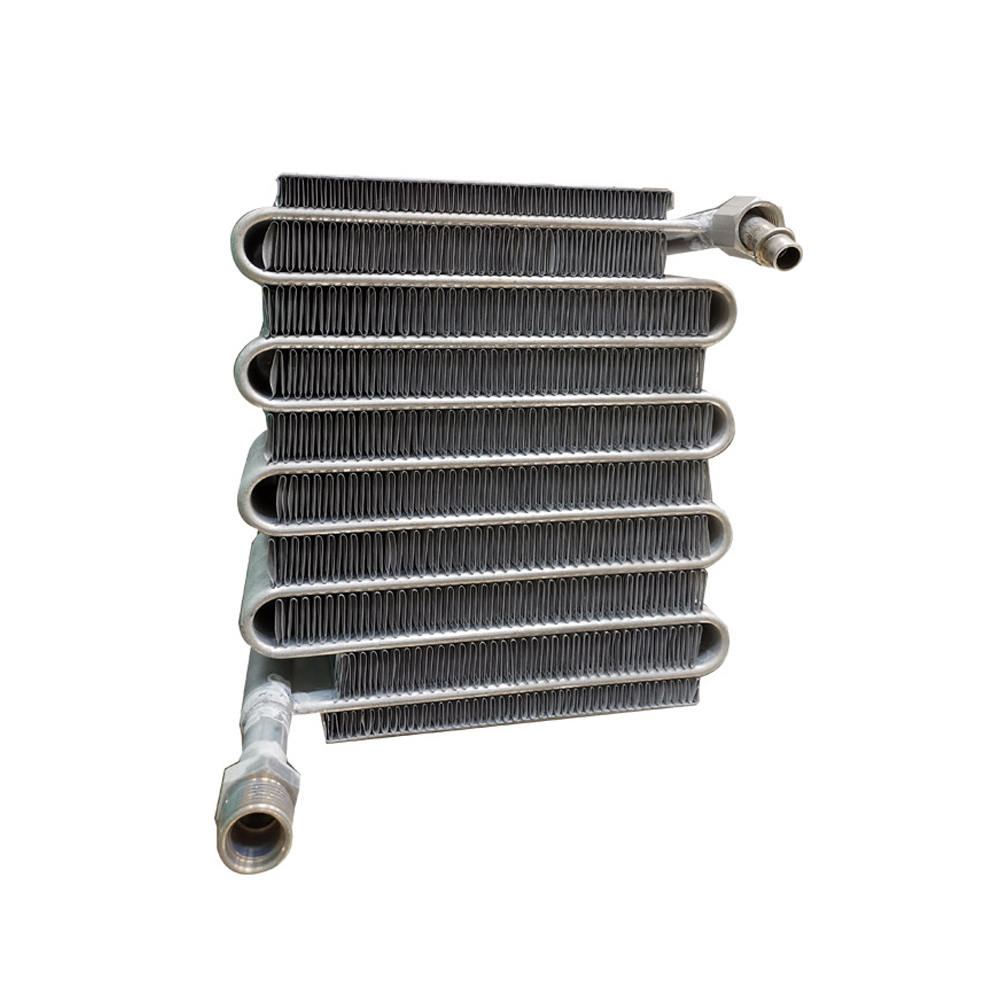Understanding and Selecting the Right LT-HT Radiator
This comprehensive guide explores the intricacies of LT-HT Radiators, providing insights into their functionality, selection criteria, and applications. We’ll cover key factors to consider when choosing a radiator for your specific needs, ensuring optimal performance and efficiency. Learn how to effectively integrate LT-HT Radiators into your system for reliable and efficient heat transfer.
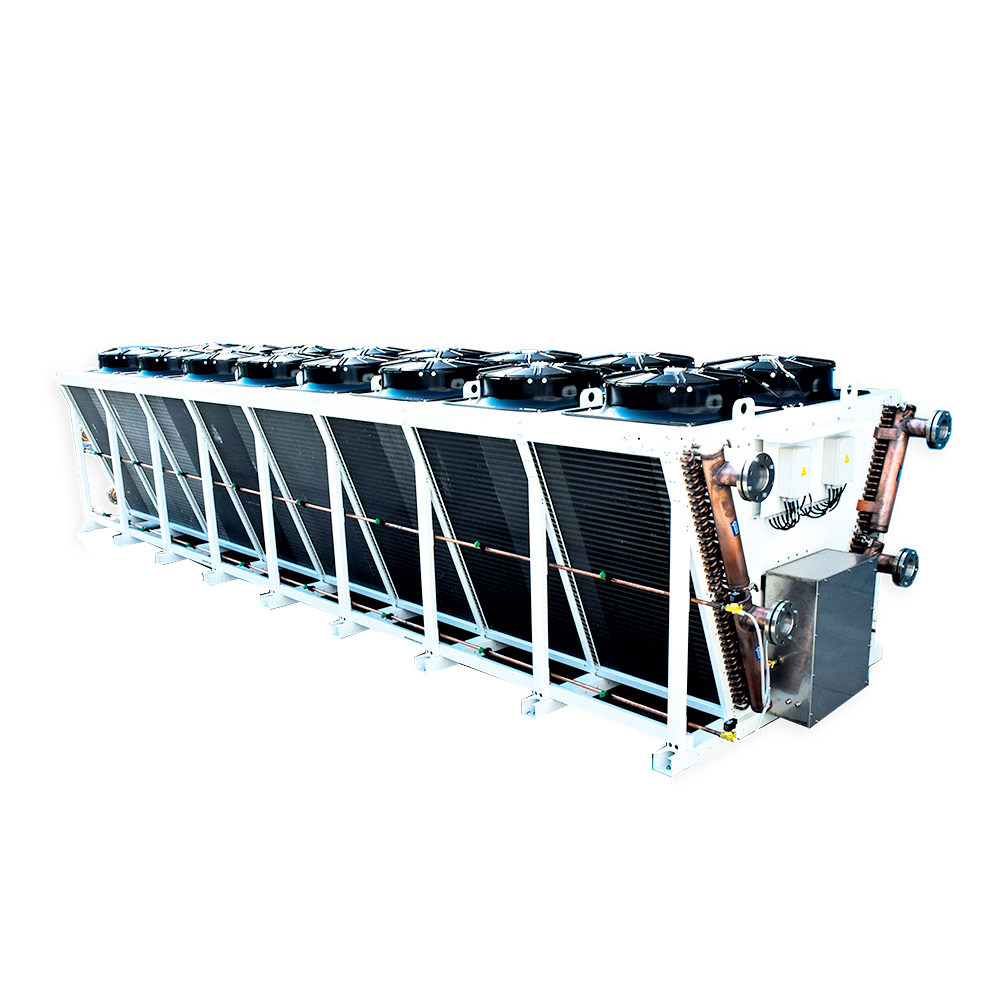
What are LT-HT Radiators?
LT-HT Radiators, or Low Temperature – High Temperature Radiators, are heat exchangers designed to transfer heat between two fluids with significantly different temperature levels. These radiators are engineered for applications where efficient heat dissipation is crucial, even with substantial temperature gradients between the fluids. Understanding the specific operating temperatures—both low and high—is essential for proper selection and optimal performance. The design often incorporates features to enhance heat transfer efficiency, such as extended surface area or specialized fin configurations. Different materials might be used depending on the application and temperature requirements, ensuring durability and compatibility.
Key Considerations When Choosing an LT-HT Radiator
Temperature Range and Capacity
The most critical factor is the operating temperature range of your application. You need to specify the inlet and outlet temperatures for both the hot and cold fluids. This will determine the necessary heat transfer capacity of the LT-HT Radiator. Insufficient capacity can lead to overheating or underperformance, while oversizing might result in unnecessary costs. Always consult the manufacturer’s specifications to ensure the radiator can handle the anticipated thermal load. Shanghai SHENGLIN M&E Technology Co.,Ltd (https://www.ShenglinCoolers.com/) offers a wide range of LT-HT Radiators designed for various temperature ranges.
Fluid Compatibility
The compatibility of the fluids with the radiator’s materials is paramount. Certain fluids may be corrosive or chemically reactive with specific metals. Therefore, material selection is crucial for ensuring the radiator’s longevity and preventing leakage or degradation. Common materials include copper, aluminum, and stainless steel, each offering different properties and suitability for various fluids. Always check the manufacturer’s specifications for material compatibility with your specific fluids.
Size and Dimensions
The physical dimensions of the LT-HT Radiator are crucial for integration into your system. Consider the available space, mounting options, and the overall system layout. Accurate measurements are necessary to avoid installation problems. Manufacturers typically provide detailed dimensional drawings and specifications to facilitate proper integration.
Pressure and Flow Rate
The operating pressure and flow rate of the fluids significantly impact the radiator’s design. Higher pressures require robust construction to withstand potential stress, while high flow rates necessitate appropriate channel design to minimize pressure drop and maximize heat transfer efficiency. Consult the manufacturer’s specifications for pressure and flow rate limitations to ensure safe and effective operation.
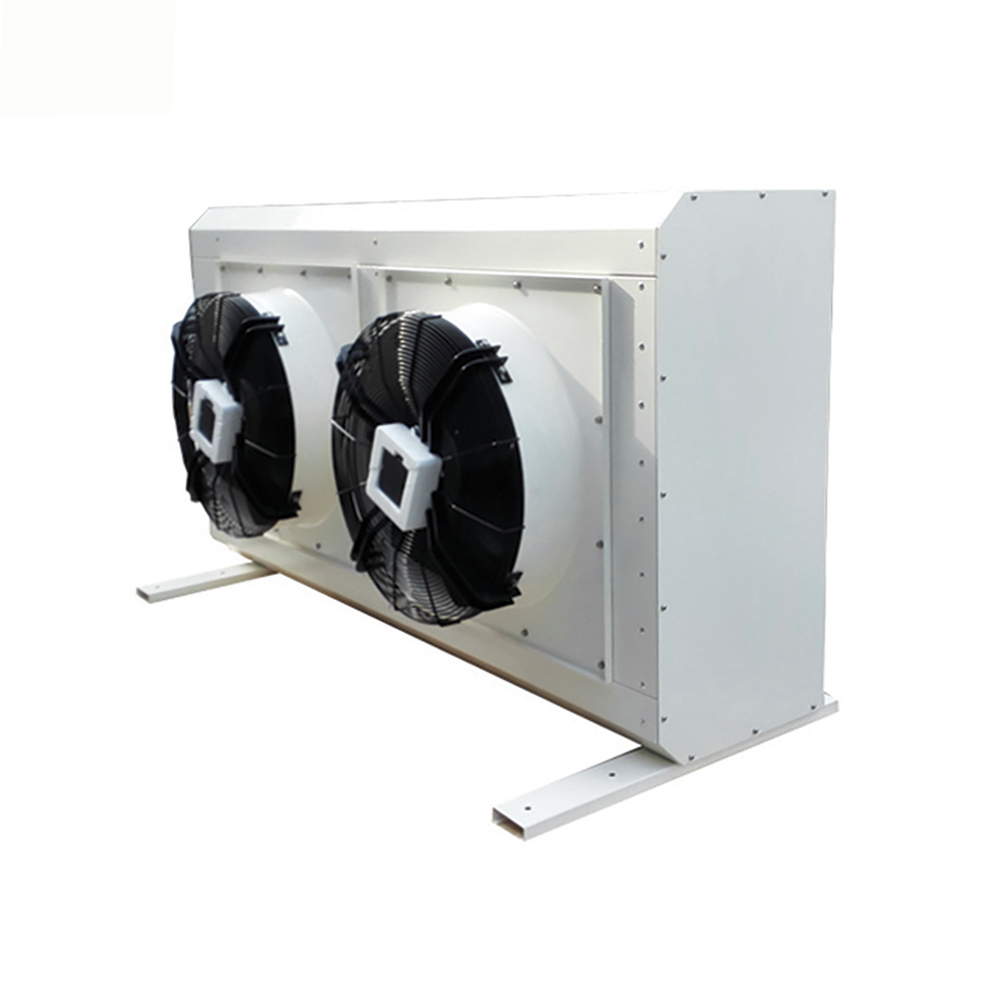
Applications of LT-HT Radiators
LT-HT Radiators find applications across various industries, including:
- Chemical Processing
- Power Generation
- HVAC Systems
- Oil & Gas Refineries
- Manufacturing Processes
Choosing the Right Supplier
Selecting a reputable supplier for your LT-HT Radiator is crucial. Look for a company with proven experience, a wide range of products, and a commitment to quality. Consider factors such as technical support, warranty, and lead times when making your decision. Shanghai SHENGLIN M&E Technology Co.,Ltd is a leading provider of high-quality LT-HT Radiators, offering tailored solutions to meet the specific demands of various industries.
Comparison of Common LT-HT Radiator Materials
| Material | Advantages | Disadvantages |
| Copper | Excellent thermal conductivity, corrosion resistance | Relatively expensive |
| Aluminum | Lightweight, good thermal conductivity, cost-effective | Lower corrosion resistance compared to copper |
| Stainless Steel | High corrosion resistance, durable | Lower thermal conductivity compared to copper and aluminum |
Remember to always consult the manufacturer’s specifications and datasheets for detailed information on specific LT-HT Radiator models and their suitability for your application.











